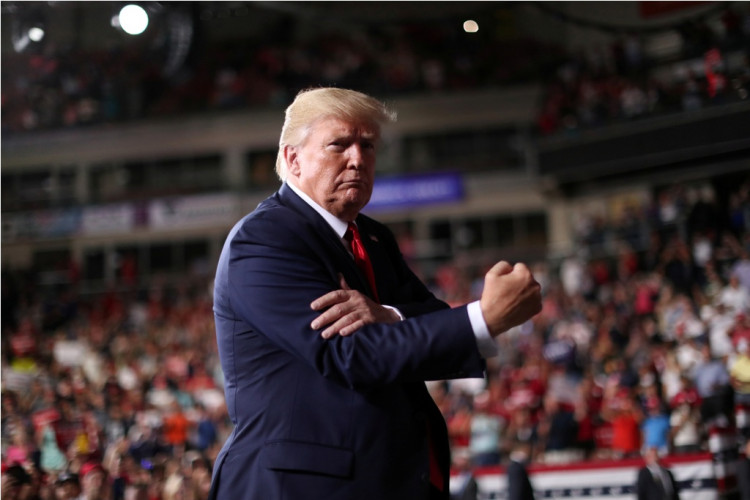Economic experts are starting to get more anxious about the global economy, most especially in the U.S., as the latest luxury spending figures revealed that even rich consumers are not making significant purchases anymore.
According to CNBC, spending on the following luxury sectors dropped dramatically over the first half of 2019: art pieces, vintage cars, real estate, and other properties, as well as jewelry.
Economists noted that a slowdown in luxury purchases could be hinting at a nearing recession for the U.S. economy and other global economies directly linked to the global market.
Analysts also expressed concerns that a drawback in spending among the rich people could take a toll on the rest of the economy since rich spending makes up for a large chunk of growth drivers.
In Colorado, Aspen, and the Hamptons, the number of unsold penthouses and mansions continue to grow. Overall in the second quarter of this year, a drop of five percent was felt in the sales sector of properties with a $1.5 million price tag.
Even car auctions are dwindling as some of the most pricey vehicles offered at $1 million were left unsold. At Pebble Beach auctions, autos with starting prices of $75,000 were sold in a blink.
Chief Economist at Moody's Analytics, Mark Zandi, stressed that further dips in luxury spending could hurt the U.S. economy more than it already is hurting from the trade war.
Zandi said the numbers have been dropping more apparently over the past two years, signaling the possible beginning of rich people feeling the brunt of a slowing global economy.
Talk of a potential U.S. recession has been rife over the past months. President Donald Trump continues to insist that the economy is fine and there's nothing to worry about as jobs are opening up.
However, the U.S. wealthy is believed to be hoarding cash as their savings have been increasing dramatically. Analysts said they may have predicted two years earlier that a slowdown will take place.
In an op-ed for Bloomberg on Wednesday, Director of Economic Policy Studies at the American Enterprise Institute, Michael R. Strain, wrote that if Trump allows for a recession to take place, businesses will suffer further.
Over the past few months, businesses have already started holding off on investments as uncertainties loom above the U.S. economy. Consumers are also expected to shoulder the additional tariffs on $300 billion worth of Chinese products.
Strain further noted that while the U.S. Federal Reserve can cut interest rates and loosen up on financial conditions, such moves will still not directly address the issue of the Washington's current trade policies.






